I have found that it is not uncommon during the course of an office visit for a patient to offer an opinion pertaining to the role that nasal troubles play in his or her general health.
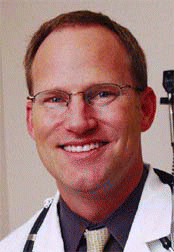

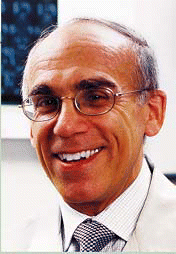
Revision endoscopic sinus surgery (RESS) has challenges that often are not seen in primary surgeries.
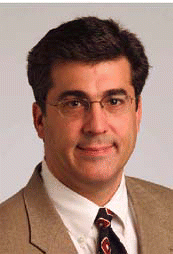
Last year, the New York Times asked if the hype about new technology is getting ahead of the science.
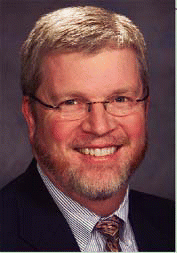
Although expenses related to medical malpractice are often seen as a cost of doing business, the experience of litigation is a personal, as well as a professional assault. A malpractice suit attacks a physician’s integrity and confidence.
I would like to comment on your article Watchful Waiting May Be the Best Strategy, by Sheri Polley, in the November 2006 issue of ENToday.
I would like to commend Robert H. Miller, MD, on a well-balanced discussion in the February issue of ENToday concerning the pros and cons of pay for performance (P4P).
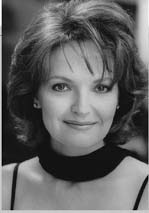
Frank Sinatra purportedly said of Rosemary Clooney that she was able to hit a note right in its center.
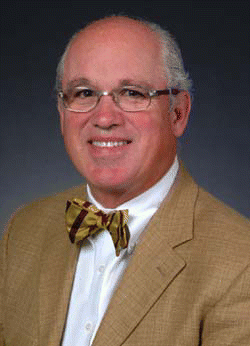
Harold (Rick) Pillsbury, MD, President-Elect of the Triological Society, has been predicting for 10 years that there would be a need to hire people to help extend otolaryngology practices—in other words, physician assistants (PAs) and nurse practitioners (NPs). “I was right. That makes me the soothsayer here,” he joked.
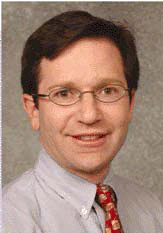
How much stock should otolaryngologists put into the parental interpretations of their child’s complaints? According to Ellen M. Friedman, MD, an otolaryngologist in Houston, parental descriptions are an important part of patient histories, but you still need to perform objective measures.

When the team of otolaryngologists from Children’s Hospital in Boston, including Drs. David Roberson and Rahul Shah, among others, investigated the classification of errors and physician responses to errors as it is germane to otolaryngology, they provided a great service to their fellow specialists.